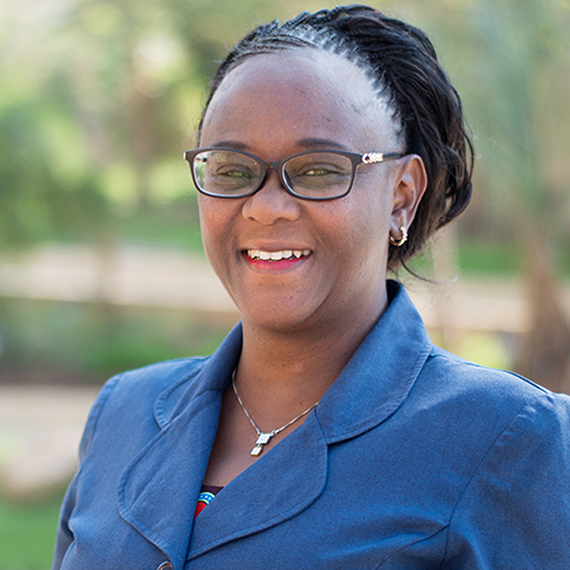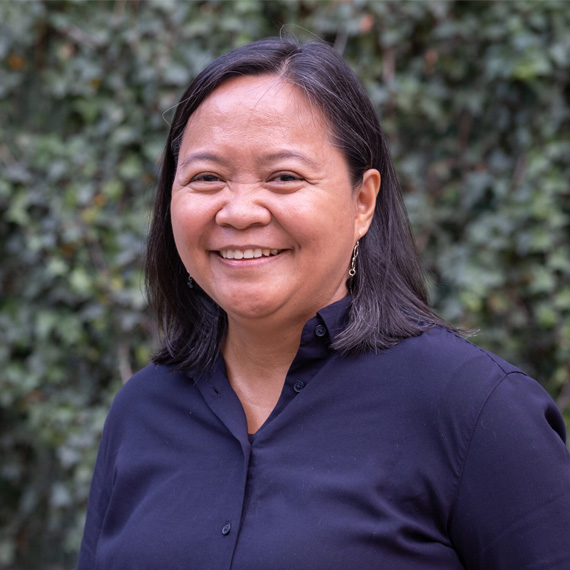6 August 2015 - A massive 7.8 magnitude earthquake with an epicenter approximately 80 km north‐west of the ancient Nepali capital city of Kathmandu struck central Nepal at 11:41 AM on 25 April 2015. This is the most powerful earthquake to hit the region since the Bihar earthquake of 1934, and its impact has been devastating in terms of loss of life and destruction of infrastructure. As of the 20 May, the confirmed death toll in Nepal has reached 8,600. On top of this tragic loss of life, there has been massive damage to housing and other socio-economic infrastructure. In addition to this first crisis, a second 7.3 magnitude earthquake struck Nepal on 12 May, with the epicenter on the border between Sindhupalchowk and Dolakha Districts, 76 km northeast of Kathmandu, exacerbating damage from the earlier quake, and expanding the geographical area of death and destruction.
The appeal is being revised to include the programme of ACT Nepal Forum member ICCO Cooperation, whose primary objective is to recover and improve the income generation of 10004 households mostly affected. This revised appeal replaces the appeal issued on 2 June 2015, now removed from our web site.
NPL151Rev1_Nepal_Earthquake
(Appeals and rapid response funds RRFs)




